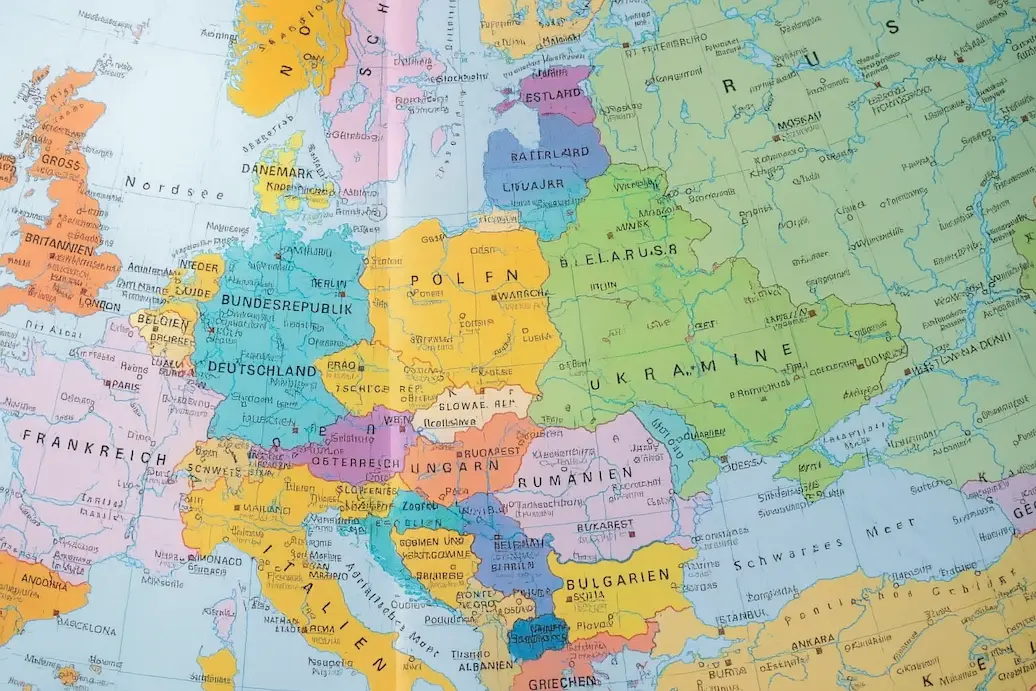
When people talk about the hardest languages to learn, Chinese is often the first that comes to mind. But it's not that simple
Tuscan is the language of the beautiful region of Tuscany and is not only a dialect but also the language on which modern Italian is based
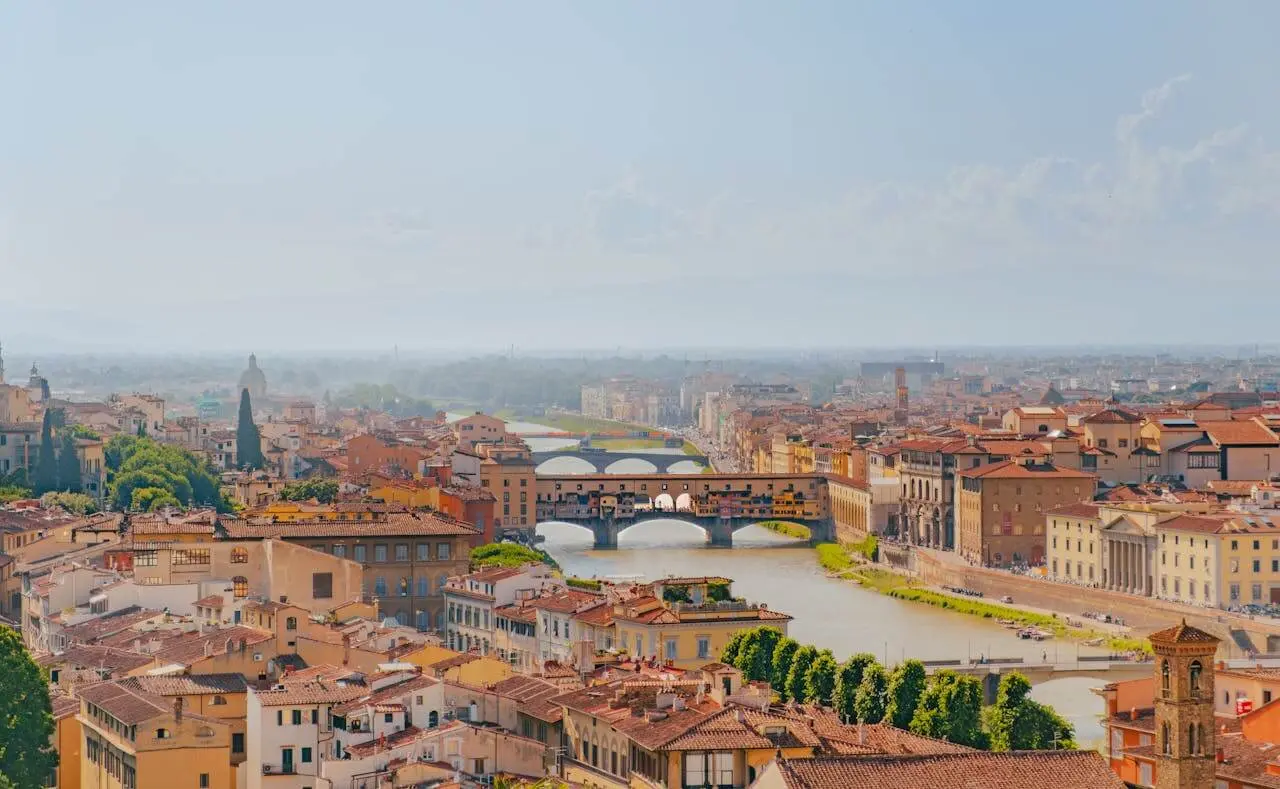
While Tuscany is the heartland of the Tuscan language, it is also spoken in parts of Umbria, on the island of Corsica, where it evolved into Corsican, and in the northern part of Sardinia, where it has developed distinct features. Like all regional languages of Italy, Tuscan varies greatly depending on the province, and sometimes even from one city to another.
Tuscan holds a special place in Italian culture because it was the variety used by Dante Alighieri to write his masterpiece, the Divina Commedia, the foundation of modern standard Italian. This is why Tuscan and Italian are so closely related. Dante isn’t the only literary giant from Tuscany; other notable authors include Giovanni Boccaccio, Petrarch, and Niccolò Machiavelli. Italian literature owes much of its form and style to Tuscan writers.
Tuscan is full of charming words and expressions, many of which are still heard in standard Italian. Here are a few gems:
Means I like it. It’s equivalent to the standard Italian mi piace and is conjugated the same way, using indirect pronouns (mi, ti, gli, ci, vi, gli) to indicate the person who likes something. For example, you might hear: Mi garba la tua nuova macchina (I like your new car) or Ti garba un bicchiere di vino? (Would you like a glass of wine?).
Means dad. While papà is more common elsewhere in Italy, babbo is standard in Tuscany. Its most famous use, also in standard Italian, is in the name Babbo Natale (Father Christmas), the Italian equivalent of Santa Claus.
Bischero is a classic Tuscan insult. It translates roughly to fool, idiot, or silly person,” but crucially, it carries a mild, playful, and often affectionate tone. It is rarely used with genuine malice.
The term bischerata derives from bischero and refers to a silly thing or a stupid mistake. It can describe an action or decision that is seen as foolish. If someone spends time on something utterly useless, they have made a bischerata.
A colloquial form of what, replacing the standard che cosa or cosa in questions. For example:
Icche tu fai?
What are you doing?
Similar in meaning to bischero, grullo also means a silly person or a fool, though some Tuscans might argue it’s slightly softer than bischero. The word evokes the image of someone who is perhaps a bit clumsy or naive.
'Un fare il grullo!
Don’t be silly!
Quattrini is an old-fashioned term for money or cash. The word has historical roots, as it literally referred to a small, low-value coin (a quattrino) that was in circulation centuries ago. Today, when Tuscans use it, they are generally referring to money in general, and it’s also understood in standard Italian.
While its original meaning referred to a lover or suitor (often an illicit one), its modern, most frequent use in Tuscany is as an adjective meaning cool, awesome, or great.
Cencio means rag or cleaning cloth. It’s commonly used in Tuscan households, whereas in other parts of Italy people tend to say straccio, panno, or strofinaccio.
The word cannella means tap or faucet. While rubinetto is standard in Italian, Tuscans often say cannella, derived from the Latin for little pipe. In standard Italian, however, cannella means cinnamon, the spice used in desserts.
Granata means broom. While scopa is more common across Italy, granata is frequently used in Tuscany. The word is amusing because, in the rest of Italy, granata means grenade, the explosive weapon thrown at the enemy.
The Tuscan expression Maremma maiala! (sometimes also maremma maiala bucaiola!) is a very typical exclamation in Tuscan slang used to express frustration or annoyance. It roughly translates to Damn! or Bloody hell! in English.
Maremma is a coastal region in southern Tuscany, historically known for being a swampy, malaria-ridden, and harsh place to live. Maiala means sow or female pig. So Maremma maiala! literally means something like Pig Maremma!”
In the Tuscan dialect, the word gabbare means to deceive, to trick, or to cheat. It comes from the Old French verb gab, which originally meant to joke. You might hear it in expressions like:
Mi ha gabbato!
He tricked me!
Non ti far gabbare.
Don’t let yourself be fooled.
Tuscan differs from standard Italian not only in vocabulary but also in grammar and pronunciation:
In standard Italian, subject pronouns are often dropped since verb endings already indicate the subject. In Tuscan, however, pronouns are often retained for emphasis. For example: O che TU fai? (Hey, what are YOU doing?) or Come TU stai? (How are YOU?). This adds a more personal tone.
This is one of Tuscan’s most distinctive traits. When the letter c lies between two vowels, it is generally pronounced like the English h. For example, the sentence coca-cola con la cannuccia (Coca-Cola with a straw) sounds like hoha-hola hon la hannuccia. Italians love asking Tuscan speakers to pronounce this sentence, and Tuscans are usually happy to do it! (Try it, they’ll enjoy it.)
Tuscans often use both stressed and unstressed pronouns together, which would be redundant in standard Italian. Example:
A me mi garba
I really like it.
In quick, everyday Tuscan conversation, certain very common words are shortened. The standard Italian negative particle non (not) is almost invariably shortened to 'un in spoken Tuscan. For example, standard Italian Non lo so (I don’t know) becomes 'Un lo so. The verb fare (to do/make) becomes fo instead of faccio, and the verb andare (to go) becomes vo instead of vado.
Infinitive verbs in spoken Tuscan often drop the final -re. For example, mangiare (to eat) becomes mangià, and andare (to go) becomes andà. This gives Tuscan a smooth, musical rhythm.
In the Tuscan dialect, possessive adjectives are frequently shortened, meaning they lose their final vowel sound. Mio, mia (my) becomes mi’, tuo, tua (your, singular) becomes tu’; and suo, sua (his/her/its) becomes su’. For example: la mia mamma (my mom) becomes la mi’ mamma.

When people talk about the hardest languages to learn, Chinese is often the first that comes to mind. But it's not that simple
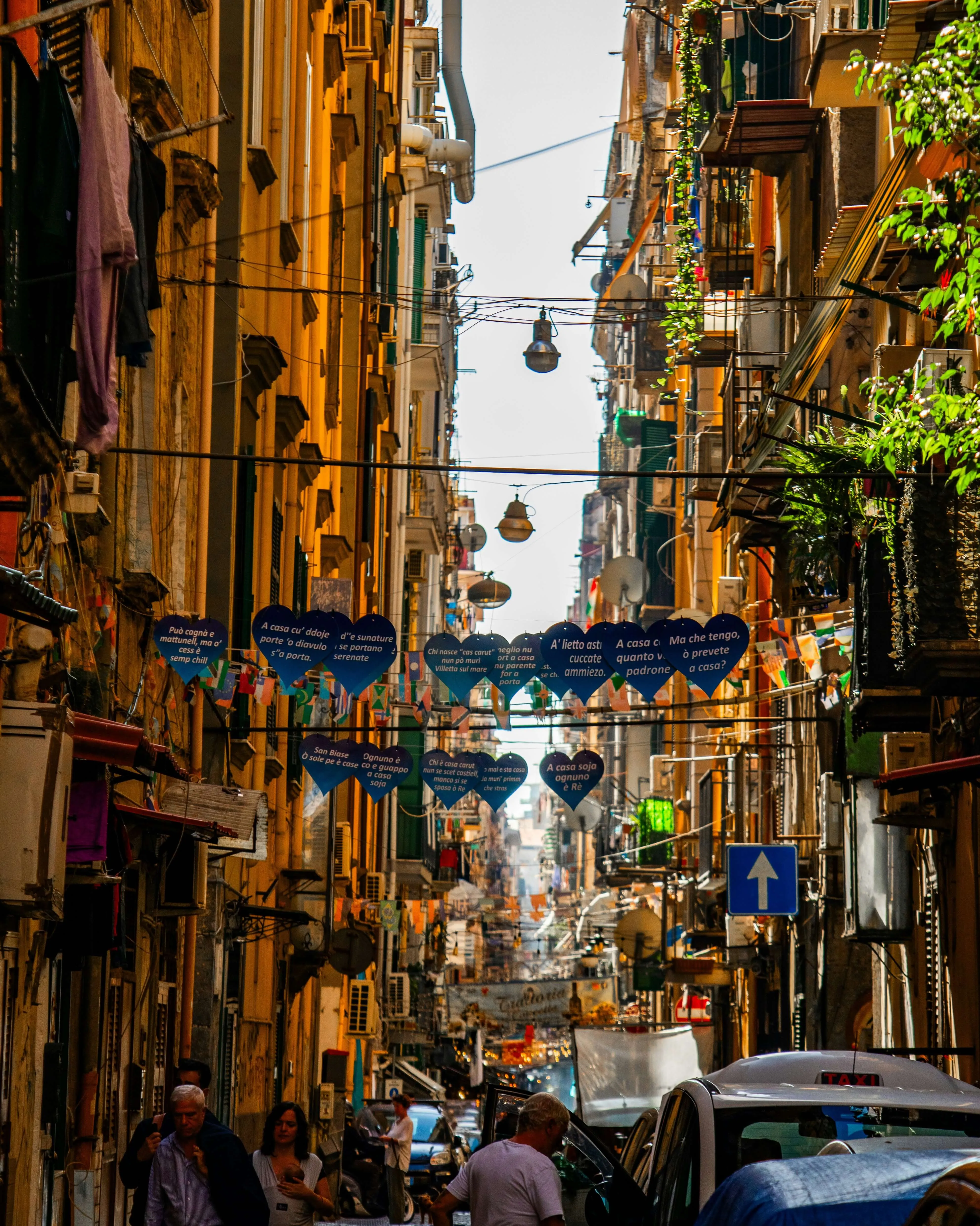
Neapolitan is much more than just a dialect; it’s a language full of history, passion, and the culture of an entire city
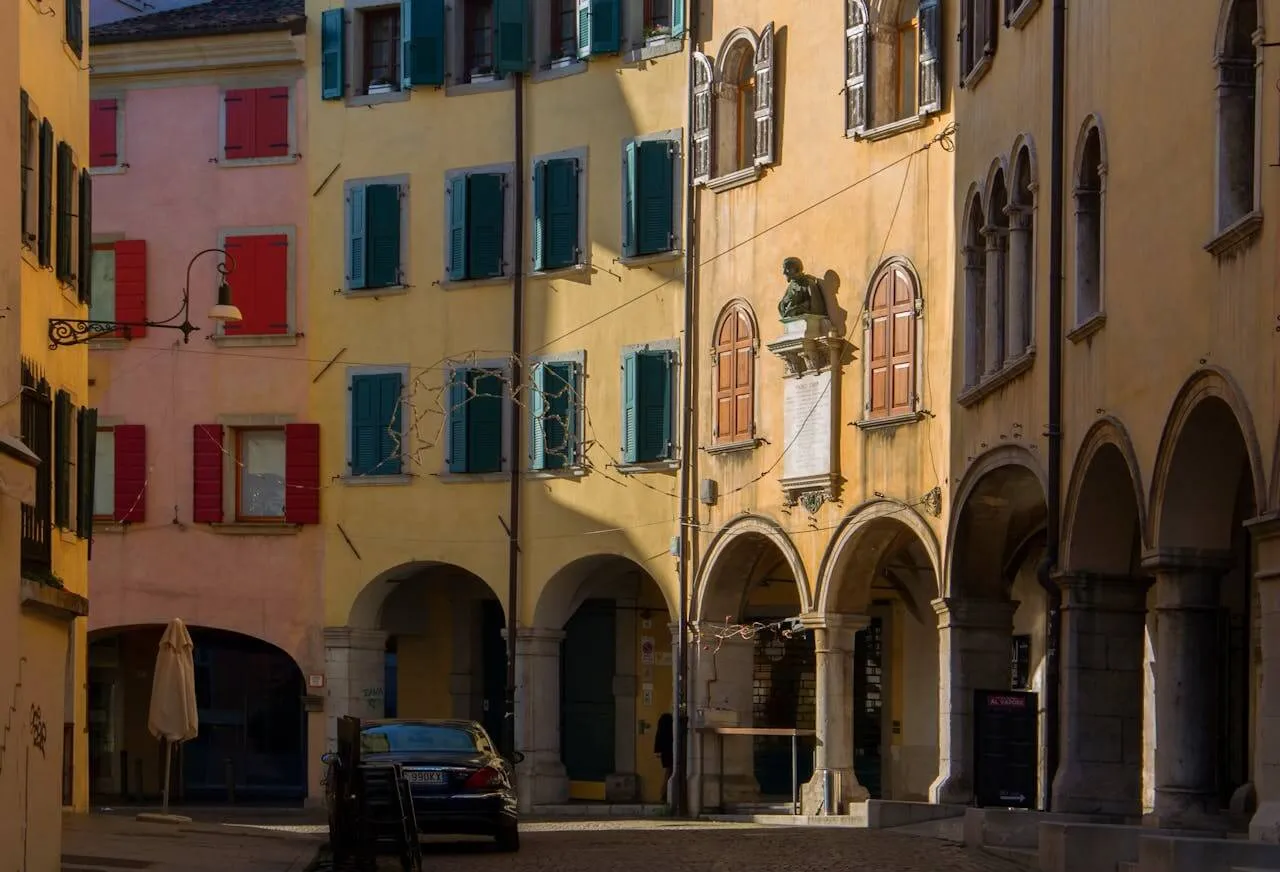
Italy is renowned for its rich mosaic of regional languages and dialects, but few are as interesting as Friulian, or Furlan
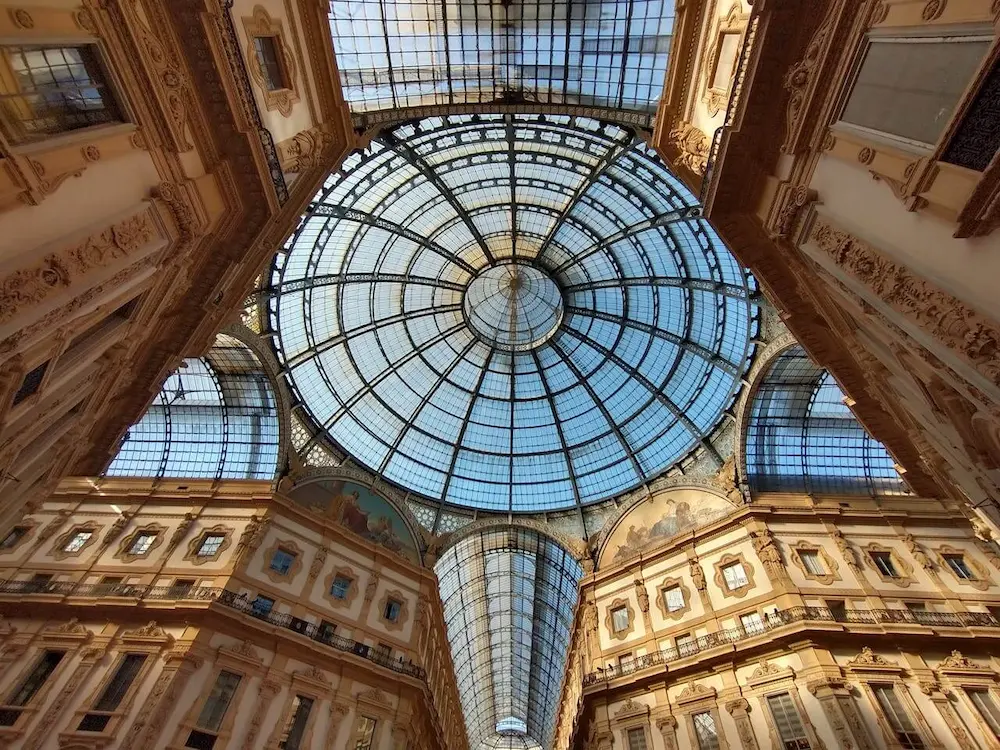
Italy is a country with many different languages and dialects. One of these is Lombard, spoken in Lombardy and in Milan
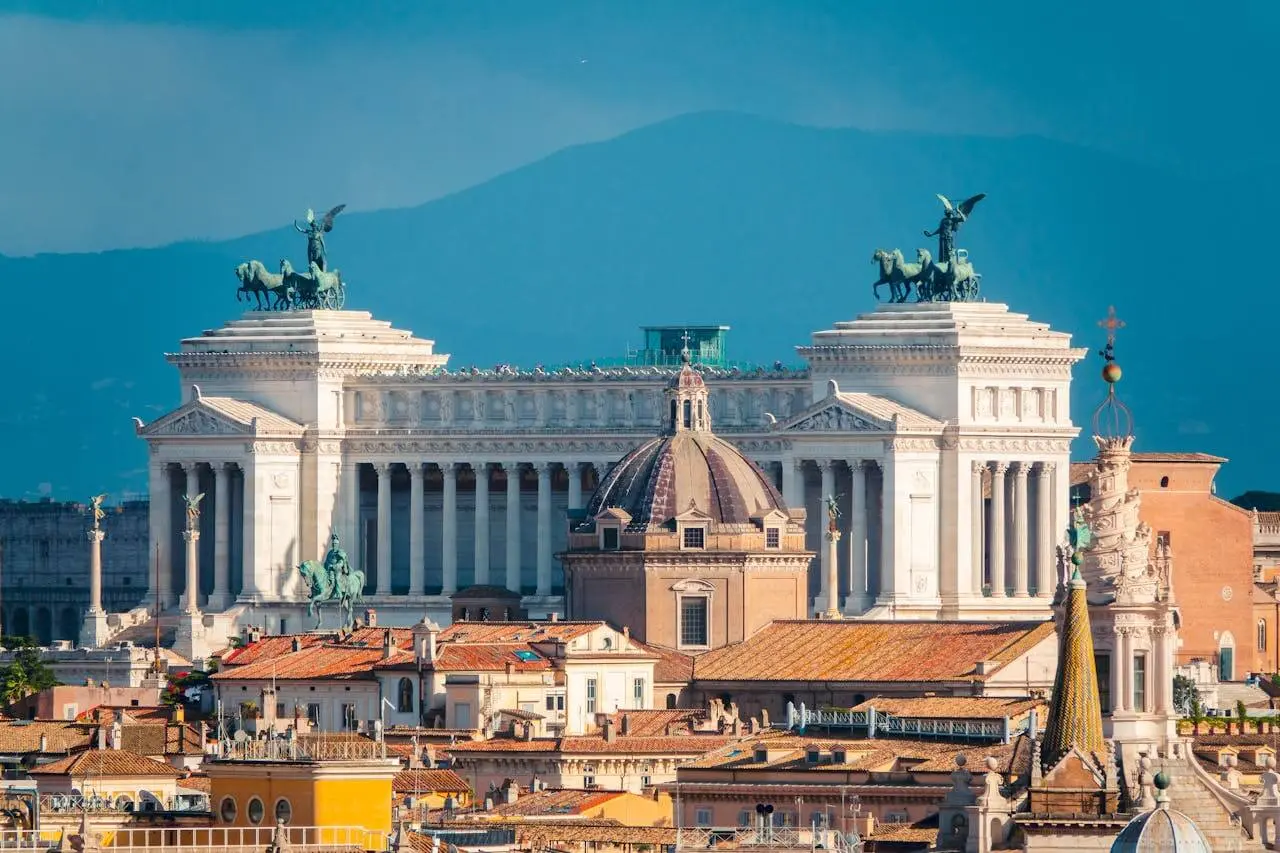
The Roman dialect, or Romanesco, is the language spoken in the city of Rome, the capital of Italy, and throughout the Lazio region